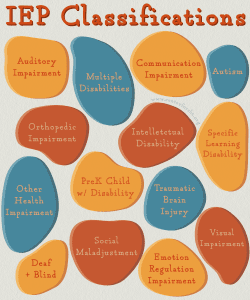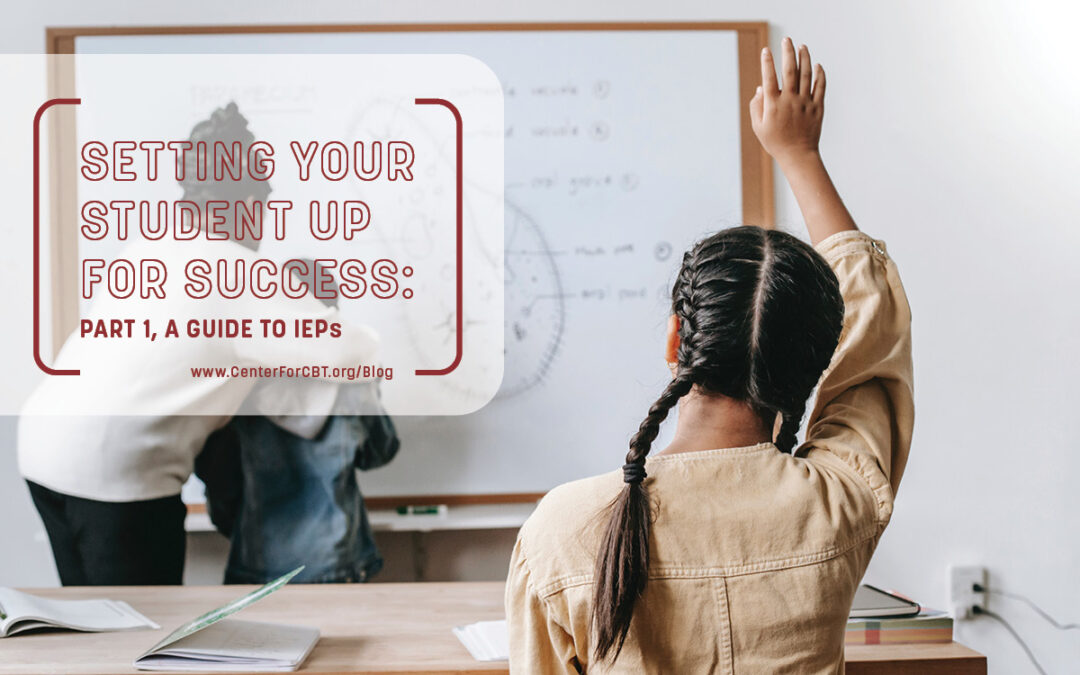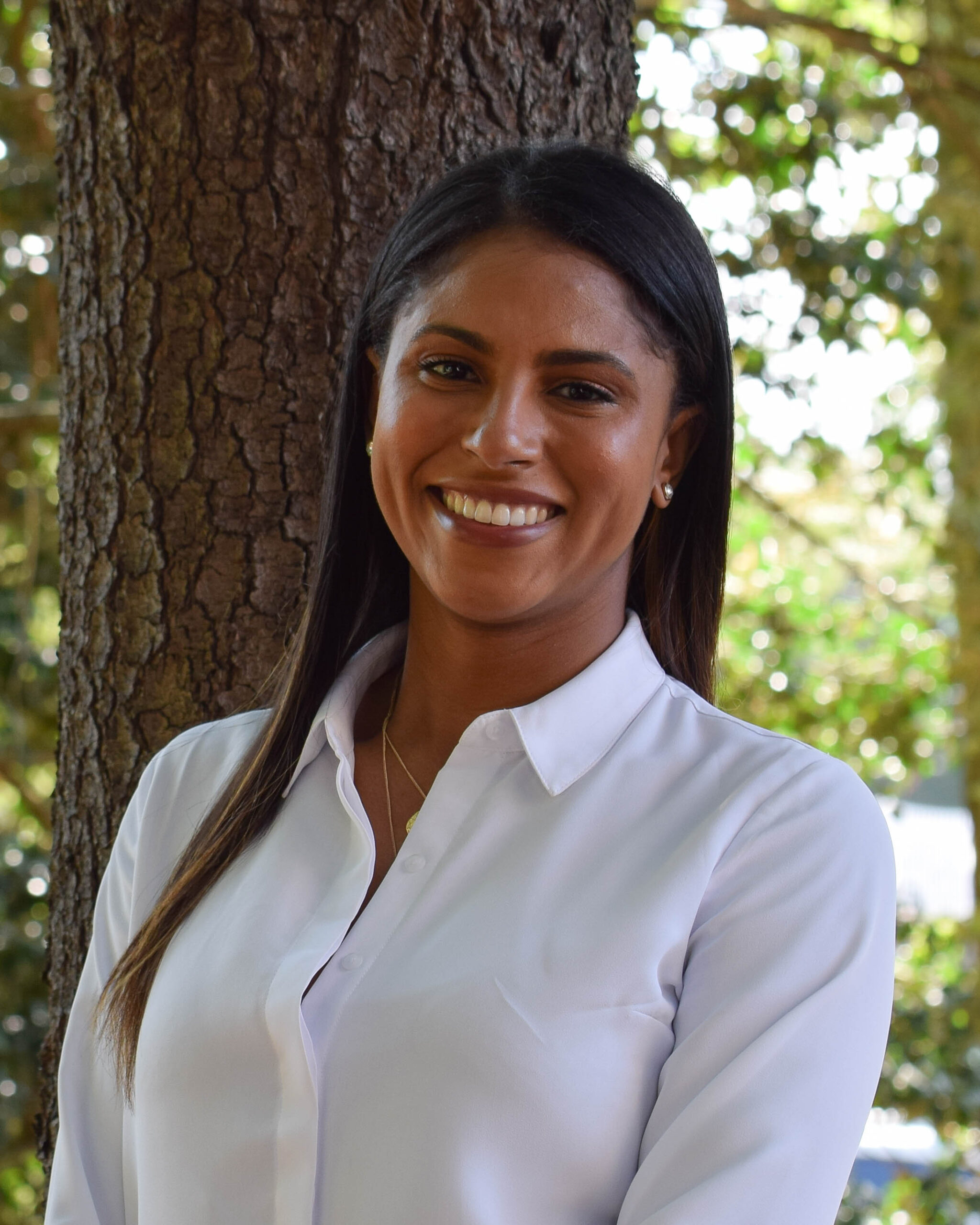Each student has their strengths and challenges, but for students who have more difficulty working within the standard curriculum, additional support may be necessary to help them succeed. If your student is having trouble reaching educational or developmental milestones, it can adversely impact their grades, affect their self-confidence, and create more challenges for them later on in life. To provide your student with an equal opportunity for success, parents and educators can request additional support, which is where IEPs and 504s come in.
Many parents may have heard of these documents, but what do they actually entail? It can be difficult to navigate the differences between the two, but a good understanding of them can help inform an education plan that is right for your student. While similar, there are some important distinctions between them. In this article we will be addressing the ins-and-outs of IEPs, and our follow up article will cover 504 plans.
What is an IEP?
An individualized education program, also known as an IEP, outlines the special education and related services for your student in accordance with the Individuals with Disabilities Education Act (IDEA). This is a law that ensures students with disabilities receive a free appropriate public education. In New Jersey, your child or adolescent must meet certain criteria for one of the following classifications in order to have an IEP, which is determined by an evaluation. These areas are:
Auditory Impairment
- Autism
- Intellectual Disability
- Communication Impairment
- Emotion Regulation Impairment
- Multiple Disabilities
- Deaf + Blind
- Orthopedic Impairment
- Other Health Impairment
- Preschool Child with a Disability
- Social Maladjustment
- Specific Learning Disability
- Traumatic Brain Injury
- Visual Impairment
 In addition to having a disability related to one or more of the areas mentioned above, the disability must impact your student’s educational performance and/or ability to learn in a general education classroom, as determined by an evaluation. If your child or adolescent meets these criteria, then they are eligible for special education services. You can visit understood.org for more information and other helpful resources, as well as a detailed overview of each classification. Additionally, you can review the Parental Rights in Special Education for NJ to understand your legal rights throughout the special education evaluation process.
In addition to having a disability related to one or more of the areas mentioned above, the disability must impact your student’s educational performance and/or ability to learn in a general education classroom, as determined by an evaluation. If your child or adolescent meets these criteria, then they are eligible for special education services. You can visit understood.org for more information and other helpful resources, as well as a detailed overview of each classification. Additionally, you can review the Parental Rights in Special Education for NJ to understand your legal rights throughout the special education evaluation process.
How can my student get an evaluation?
If you have concerns for your student’s academic abilities, write a letter requesting an evaluation for special education services. It is helpful to include your name, the student’s name, and contact information. Once the school district receives your written request, there will be a meeting within 20 days to determine if an evaluation will occur, and if so, what evaluation methods will be used.
In some cases the request for an evaluation may be declined. When this happens, the school district should provide alternate recommendations to help support the student in their current classroom. Families also have the option to independently seek an evaluation with a pediatric neuropsychologist if their request was declined, if they are seeking an official diagnosis, or if they are for any reason dissatisfied with the evaluation conducted by the school district.
What does an evaluation look like?
At the conclusion of the meeting with your school district, you will know which evaluations will be conducted. School districts can conduct psychological and educational evaluations as part of this process. The school psychologist and potentially a learning disabilities teacher consultant (LDTC) will usually assess:
- Intellectual Abilities
- Academic Achievement
- Social, Emotional, and Behavioral Functioning
Many school districts only evaluate these areas, though this can be variable. The results of this evaluation (along with information gathered from other sources) help determine your student’s classification(s) and if they are eligible for an IEP. However, these types of evaluations do not yield a formal clinical diagnosis.
If families elect to have a private comprehensive neuropsychological evaluation, it will include an assessment of all of the areas described above in addition to assessments for:
- Language Development
- Visuospatial and Visuomotor Skills
- Learning and Memory
- Attention and Executive Functioning
Looking carefully at all of these domains provides diagnostic clarification, which allows for specific recommendations for appropriate interventions and services. For many children and adolescents there are also evidence-based interventions that are not provided within the school setting, which can be helpful in addressing presenting concerns. If parents choose to have their child undergo a private evaluation, they can submit it to the district and request that it be included as part of the IEP evaluation process.
After the evaluations are completed, a feedback meeting must occur within 90 days from the day you gave consent for the evaluation. You will receive a copy of the written reports 10 days before the feedback meeting. At the feedback meeting, the findings will be reviewed, and it will be discussed if your student is eligible for special education and related services.
My student was found eligible, now what?
If your student is found eligible for special education and related services, an IEP will be developed to document formal goals to address areas of concern and track their progress over time. The document will be reviewed every year, and students will be reevaluated every three years to assess need and update the supports and services as is appropriate. The specific services for your student documented as part of this plan may include:
- Specialized academic instruction
- Speech, occupational, and/or physical therapy
- Learning in a specialized classroom setting
- Behavioral intervention plans
Your child may also need specific accommodations and modifications to facilitate learning in the classroom and during school-based activities.
What do you mean by accommodations and modifications?
Think about your go-to coffee shop and imagine what the outside parking area looks like. You will notice the reserved parking, access ramps, curb cuts, and wide doorway; these are accommodations, and allow people to have equal access to the coffee shop in spite of any disabilities or other impairments they may have. When you go inside the shop and you look at the menu, you will see a number of options presented to you. The standard item is black coffee, but there are modifications like milks, sweeteners, and decaf options. Selecting any of the options will change, or rather, “modify” your order from the standard item. These modifications allow you to enjoy a coffee that doesn’t upset your stomach. Just like the accommodations and modifications at the coffee shop, an IEP offers access and adjustments to a program to facilitate a more effective education for your student.
In conclusion, IEPs are the first step in getting your student the support they need, but these requests are not always approved. For students who do not have a disability or do not meet the IEP criteria, there are other options available. 504 plans can offer accommodations to these students, though there are some key differences to be aware of between these plans. For help navigating this process,determining what type of support could help your student, and to learn what types of accommodations and modifications may be available, visit our blog for part two of this series in late September.



